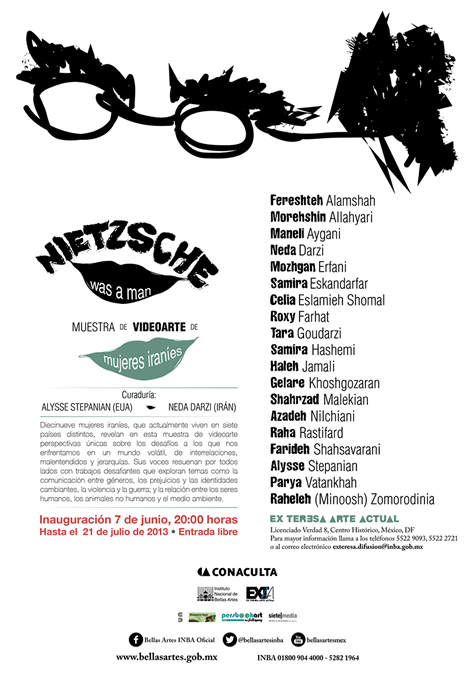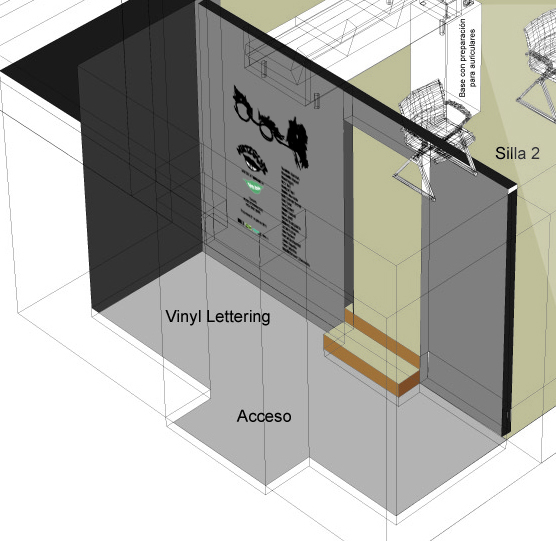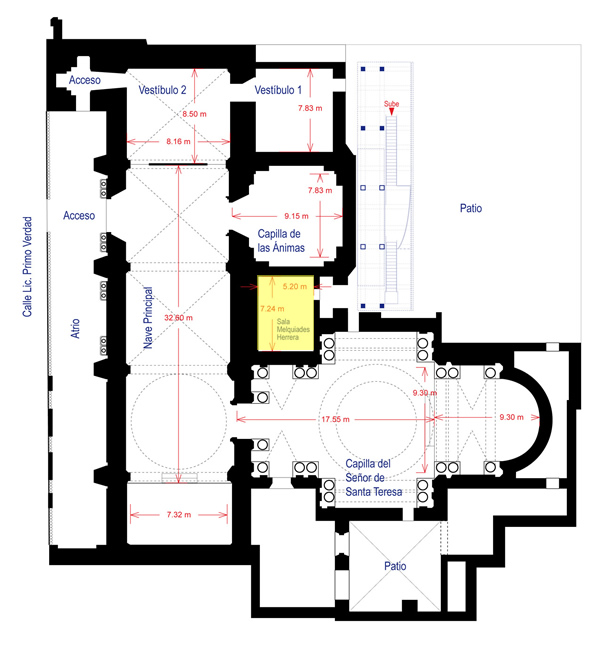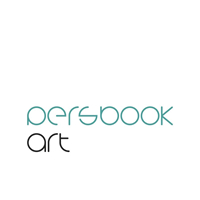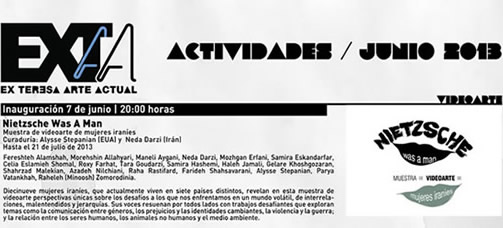
Museo Ex-Teresa Arte Actual
Mexico City
June 7- July 21, 2013
"Sala Melquiades Herrera" space
VIEW THE EXHIBITION CATALOGUE: full original English text (starts on pg 32) and Spanish translation, published by Ex Teresa Arte Actual del Instituto Nacional de Bellas Artes (INBA), Mexico City.
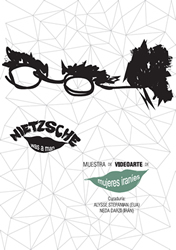
DOWNLOAD a PDF copy of Stepanian's July 18, 2013 presentation at Ex Teresa here... (Thanks to Maribel Escobar Varillas, curator of the "Sala Melquiades Herrera" space for translating this text into Spanish for the audience.)
IMAGES from Stepanian's visit...
PRESS listings and video interviews...
LECTURE PRESENTATIONS & SPECIAL FILM SCREENING
Wednesday, July 17, 19:30 (7:30pm)
screening of Root Canal, Samira Eskandarfar's first feature length film, and post-screening talk with Alysse Stepanian
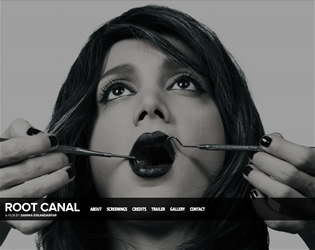
Root Canal 2012, 1:10:22, black/white, sound,Tehran/Iran
Eskandarfar’s first feature-length film, Root Canal examines issues concerning the idealized woman, or the myth of the “eternal feminine” that represents the good, the truth, the innocent, and the saintly (ex: wife, mother, virgin, nature, beauty, mother earth, motherland). This construct of male imagination, which has in turn created the idealized “eternal masculine”, determines power relations in dualistic, hierarchical societies. Rather than giving in to patriarchal dictates, Eskandarfar’s carefully composed female characters face their fears and cast away their unwanted suffering, anger and anguish, through force of will. In this film regaining control over the denied female body, which seems to be at the root of the problems most women face even today, is the equivalent of the treatment for the pulp of a diseased tooth, via “root canal”. (Alysse Stepanian, June 25, 2013)
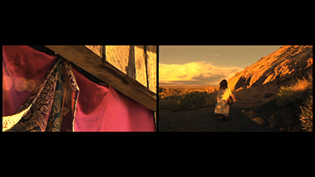
Thursday, July 18, 19:30 (7:30pm)
Lecture Presentation by Alysse Stepanian, co-curator of “Nietzsche Was A Man”
Stepanian discusses the process of selection of the videos by 19 Iranian women and the concepts behind the curation (image: What Is My Name, Sister? video by Stepanian).
PROJECT SUMMARY
Much debate has been centered around the seemingly misogynistic views of 19th Century German philosopher, Friedrich Nietzsche. A recent rereading of his aphorisms suggests that his remarks were ironic strategies designed to expose the hierarchical dualisms of Western thought and language and gender stereotyping. The title of this show points to the prevalent dualistic patriarchal worldview that subordinates and exploits nature and the powerless, separates men from women, and humans from animals. In this exhibition of video art, 19 Iranian women currently living in 7 countries reveal unique perspectives on the challenges faced in a volatile world of interrelationships, misapprehensions and hierarchies. Their voices resonate around the globe with challenging works that examine issues such as gender communication, prejudice and shifting identities, violence and war, and the relationship between humans, non-human animals, and the environment.
